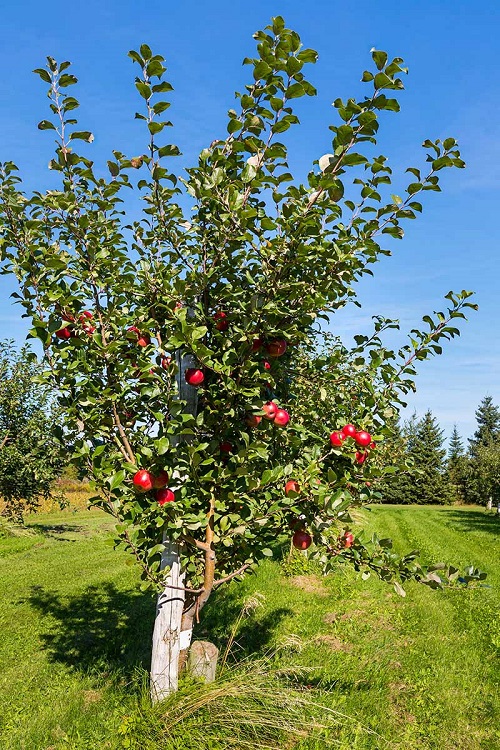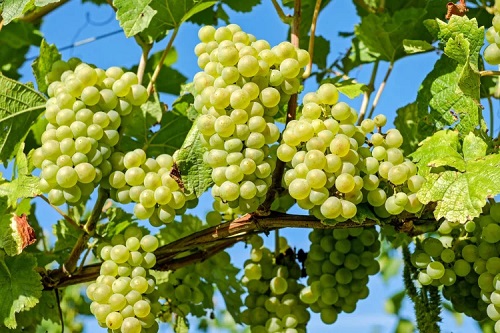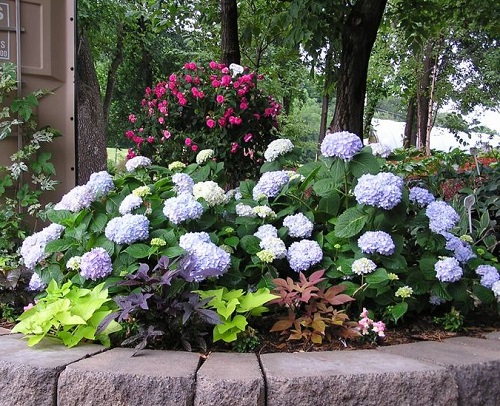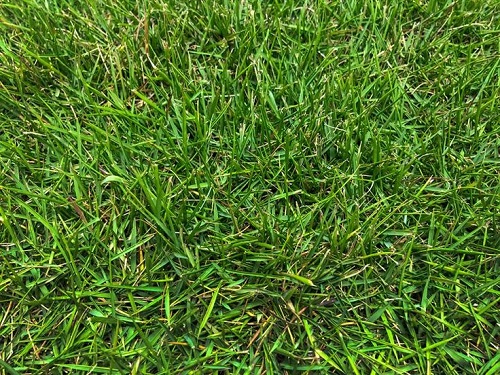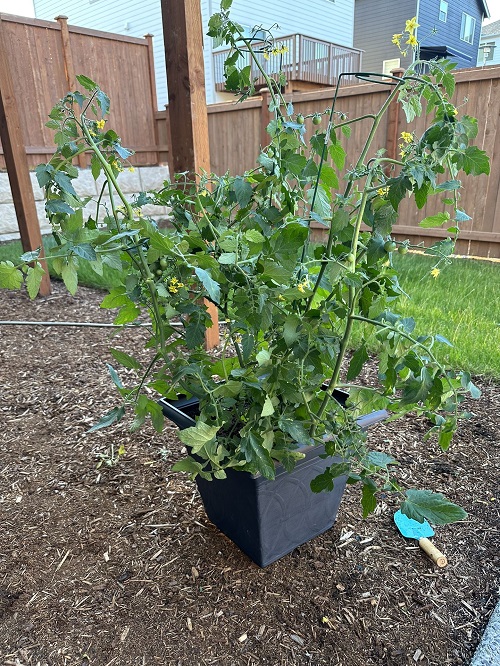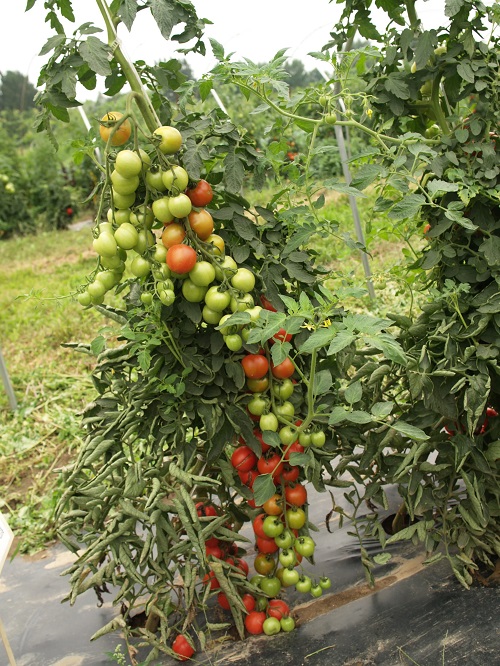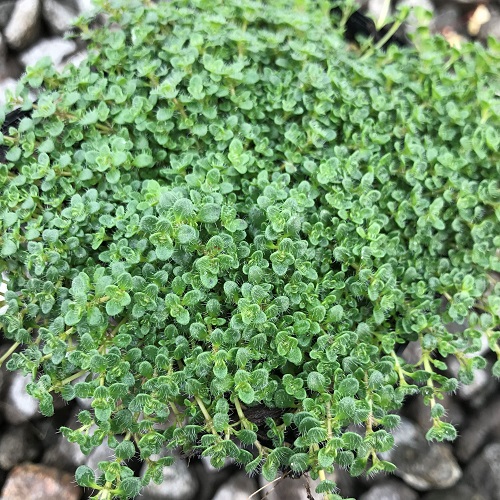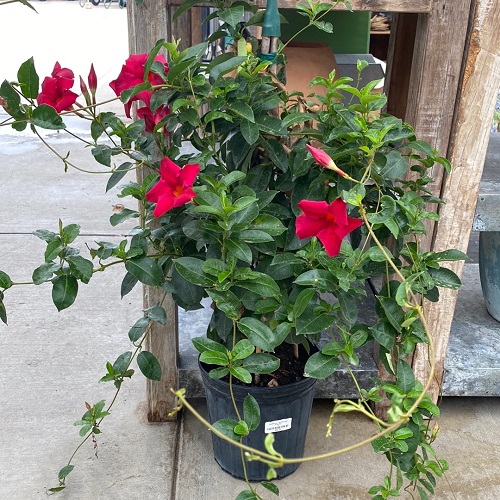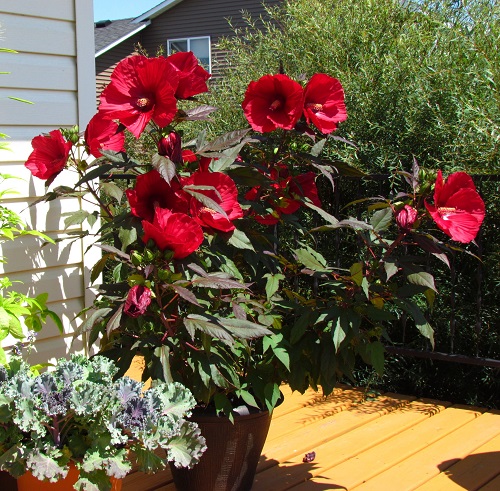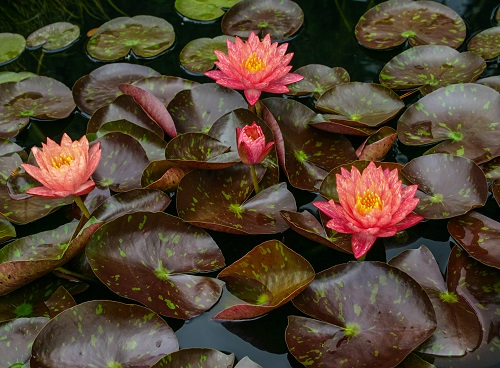Discover Plants that are Illegal to Propagate on a Large Scale. Stay informed and compliant with local, state, and federal regulations.
While many garden enthusiasts happily snip, divide, and share their lush plants, certain species come with legal strings attached! That’s right, unauthorized propagation of these plants for selling could land you in a thorny legal situation! Let’s have a detailed look at the Plants that are Illegal to Propagate on a Large Scale.
Here are the best houseplants to propagate within a month!
Types of Intellectual Property Rights
Before we delve into the list, let’s quickly understand the types of protections often applied to plants:
- Plant Patents: Issued by the U.S. Patent and Trademark Office for a new, distinct, and asexually propagated plant variety.
- Plant Variety Protection Certificates (PVPC): Offers similar protections as plant patents but also allows for sexual reproduction.
- Utility Patents: Rare, but sometimes applied to genetically engineered plants.
Popular Plants that are Illegal to Propagate Commercially
Roses
1. Knock Out Roses
Reason for Protection: Disease-resistant and easy-to-care-for, providing continuous blooms without extensive pruning or care.
Some of the most prominent protected varieties are Rosa ‘Radrazz,’ Rosa ‘Radtko’, Rosa ‘Radcon,’ Rosa ‘Radgor,’ Rosa ‘Radral,’ Rosa ‘Radcor,’ Rosa ‘Radcor,’ and Rosa ‘Radwinte.’
2. Julia Child Roses

Reason for Protection: Named for Julia Child and known for their rich, butter-gold color and robust, winter-hardy nature.
Fruit Trees
3. Honeycrisp Apples
Reason for Protection: Unique combination of taste, texture, and storability. Developed at the University of Minnesota.
Care and Growing Honeycrisp Apples | How to Grow Honeycrisp Apple Tree
4. Cotton Candy Grapes
Reason for Protection: Remarkable cotton candy flavor achieved through selective breeding, giving them a unique market niche.
Ornamental Plants
5. New Guinea Impatiens
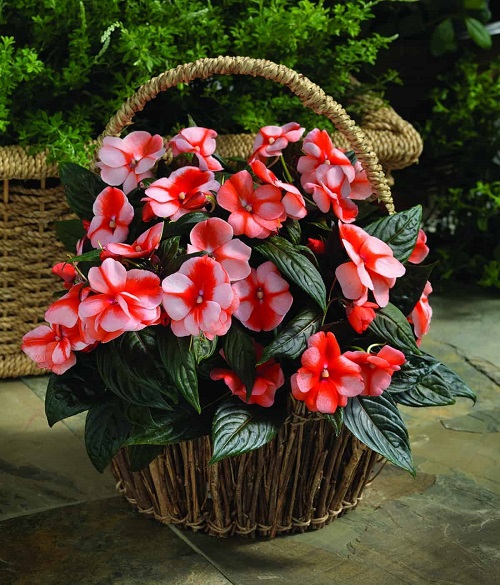
Reason for Protection: Resistant to downy mildew, versatile for both shade and sun, and provide a variety of vibrant colors.
6. Cheyenne Spirit Echinacea

Reason for Protection: Offers multiple vibrant colors on a single plant, which is unusual for Echinacea.
42 Types of Coneflower Varieties | Types of Echinacea
Shrubs
7. Endless Summer Hydrangeas
Reason for Protection: Capable of re-blooming throughout the spring and summer seasons, unlike traditional hydrangeas.
8. Encore Azaleas

Reason for Protection: Unique ability to bloom more than once in a single growing season.
Grasses
9. Celebration Bermuda Grass
Reason for Protection: Known for its dark blue-green color and resistance to drought conditions.
How to Grow and Care for Bermuda Grass
10. Zeon Zoysia
Reason for Protection: Fine texture and shade tolerance make it versatile for lawns and golf courses.
Vegetables
11. Sun Gold Tomatoes
Reason for Protection: Exceptional sweetness, high yields, and resistance to common tomato diseases.
12. Mountain Magic Tomatoes
Reason for Protection: Resistance to early and late blight, a common problem for tomatoes, while maintaining a classic flavor.
Always Grow these 3 Plants with Tomatoes for Crazy Harvest and Taste
Herbs
13. Basil ‘Pesto Perpetuo’
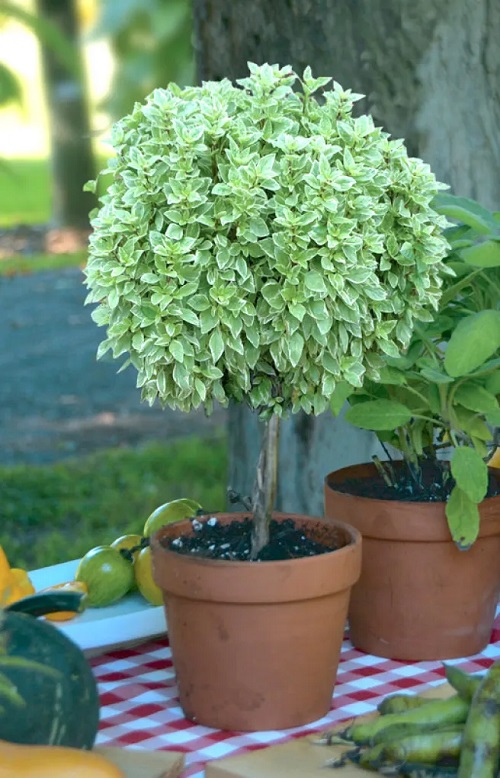
Reason for Protection: A columnar variety that does not flower, hence maintaining its flavor throughout the growing season.
14. Rosemary ‘Barbecue’
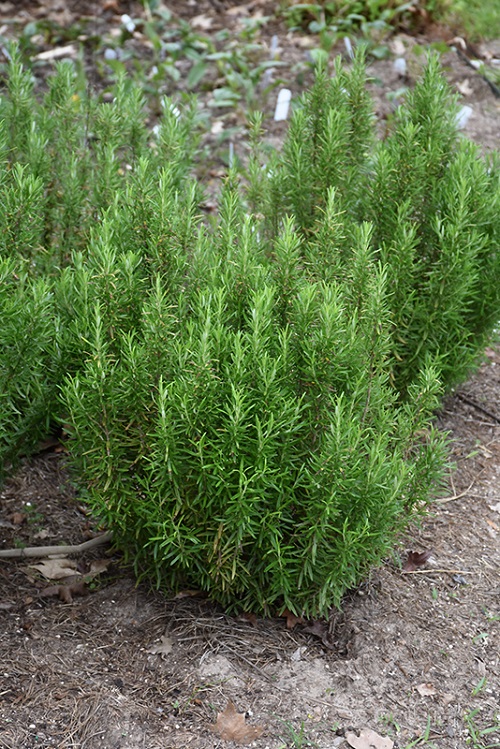
Reason for Protection: Specifically bred for its aromatic qualities, ideal for cooking and grilling.
15. Thyme ‘Elfin’
Reason for Protection: Unique compact growth form and highly fragrant leaves make it especially desirable for culinary uses and ground cover.
10 Best Thyme Growing Tips | Growing Thyme in Containers
16. Lavender ‘Phenomenal’
Reason for Protection: Unusually hardy, with a high resistance to diseases and extreme temperatures, while maintaining aromatic qualities.
17. Salvia ‘Wendy’s Wish’
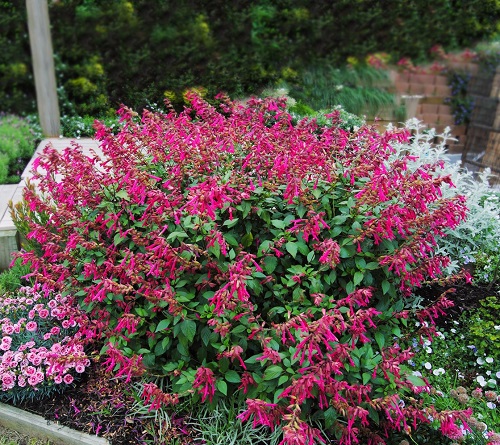
Reason for Protection: Vibrant magenta flowers with a unique, elongated bloom shape; highly attractive to pollinators.
12 Best Salvias for Hummingbirds
Vines
18. Clematis ‘Sapphire Indigo’
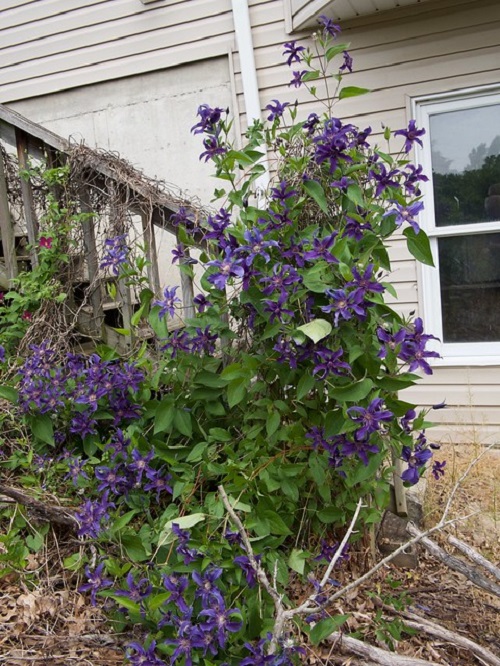
Reason for Protection: Uniquely colored indigo blooms and a habit that allows it to grow as a ground cover or climbing plant.
20 Best Clematis With Blue Flowers
19. Wisteria ‘Amethyst Falls’
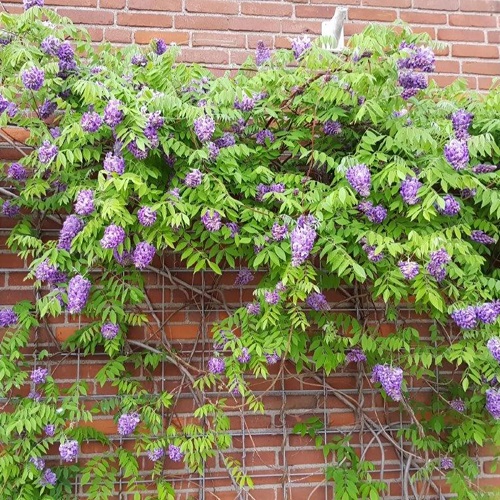
Reason for Protection: Unlike typical wisteria, it’s a native U.S. variety that is less invasive and blooms at a younger age.
Tropical Plants
20. Mandevilla ‘Sun Parasol’
Reason for Protection: Offers vibrant colors and is specifically bred to be more disease-resistant compared to its parent species.
21. Hibiscus ‘Midnight Marvel’
Reason for Protection: Combines the best of its parent plants: deep wine-colored foliage and large, red blooms.
Check out the best tips to make Hibiscus bloom for long here
Aquatic Plants
22. Nymphaea ‘Wanvisa’ Water Lily
Reason for Protection: Unique, variegated flowers that can display multiple colors on a single bloom.
23. Nymphaea ‘Queen of Siam’ Water Lily
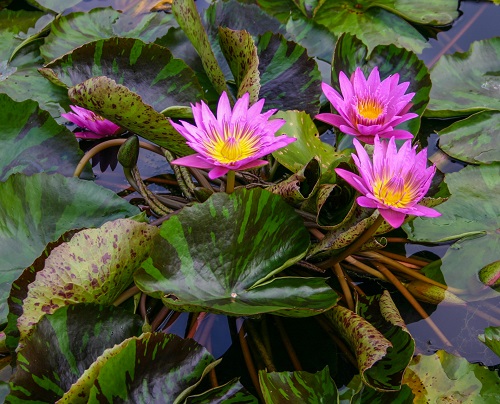
Reason for Protection: Distinctive coloration, featuring petals that transition from deep purple at the base to light pink at the tips.
Conclusion
The unique attributes of these herbs, vines, tropical plants, perennials, and aquatic plants have merited their protection under intellectual property laws.
This protection allows breeders and developers to invest in research and development, secure in the knowledge that their investment is legally safeguarded. As with any protected plant, always check the most current legal information before propagation.
Though you can experiment propagating these plants at home, but do note that it is illeal to do it comemrcially and sell them.


